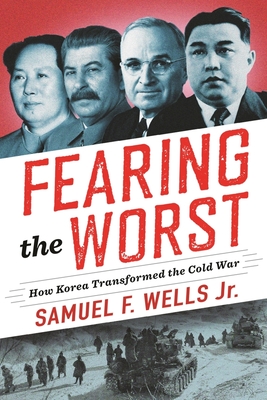Expedite your nonfiction book discovery process with Readara interviews, summaries and recommendations, Broaden your knowledge and gain insights from leading experts and scholars
In-depth, hour-long interviews with notable nonfiction authors, Gain new perspectives and ideas from the writer’s expertise and research, Valuable resource for readers and researchers
Optimize your book discovery process, Four-to eight-page summaries prepared by subject matter experts, Quickly review the book’s central messages and range of content
Books are handpicked covering a wide range of important categories and topics, Selected authors are subject experts, field professionals, or distinguished academics
Our editorial team includes books offering insights, unique views and researched-narratives in categories, Trade shows and book fairs, Book signings and in person author talks,Webinars and online events
Connect with editors and designers,Discover PR & marketing services providers, Source printers and related service providers

Fearing the Worst: How Korea Transformed the Cold War
History > Military - Korean War
- Columbia University Press
- Hardcover
- 9780231192743
- 9.1 X 6.4 X 1.7 inches
- 2.1 pounds
- History > Military - Korean War
- (Single Author) Asian American
- English
Readara.com
Book Description
Samuel F. Wells Jr. examines how military and political events interacted to escalate the conflict. Decisions made by the Truman administration in the first six months of the Korean War drove both superpowers to intensify their defense buildup. American leaders feared the worst-case scenario--that Stalin was prepared to start World War III--and raced to build up strategic arms, resulting in a struggle they did not seek out or intend. Their decisions stemmed from incomplete interpretations of Soviet and Chinese goals, especially the belief that China was a Kremlin puppet. Yet Stalin, Mao, and Kim Il-sung all had their own agendas, about which the United States lacked reliable intelligence. Drawing on newly available documents and memoirs--including previously restricted archives in Russia, China, and North Korea--Wells analyzes the key decision points that changed the course of the war. He also provides vivid profiles of the central actors as well as important but lesser known figures. Bringing together studies of military policy and diplomacy with the roles of technology, intelligence, and domestic politics in each of the principal nations, Fearing the Worst offers a new account of the Korean War and its lasting legacy.
Author Bio
Samuel F. Wells has taught at both Wellesley College and the University of North Carolina at Chapel Hill. At the Wilson Center, he founded the International Security Studies Program in 1977 and directed that program until 1985. Since then he has served as Associate Director and Deputy Director of the Center while also serving as Director of West European Studies.
His most recent publications are “Centralizing Power: Domestic Considerations in the Shaping and Implementation of the War on Terror after 9/11,” in Pierre Melandri and Serge Ricard (eds.), La Politique exterieure des Etats-Unis au XXe siecle: le poids des determinants interieurs (2007); with Sherrill Brown Wells, “Shared Sovereignty in the European Union: Germany’s Economic Governance,” in Ernest R. May, Richard Rosecrance, and Zara Steiner (eds.), History and Neorealism (2010); and “The Korean War: Miscalculation and alliance transformation,” in Basil Germond, Jussi M. Hanhimaki and Georges-Henri Soutou, The Routledge Handbook of Transatlantic Security (2010).
Source: WilsonCenter.org
Videos






Community reviews
No Community reviews

